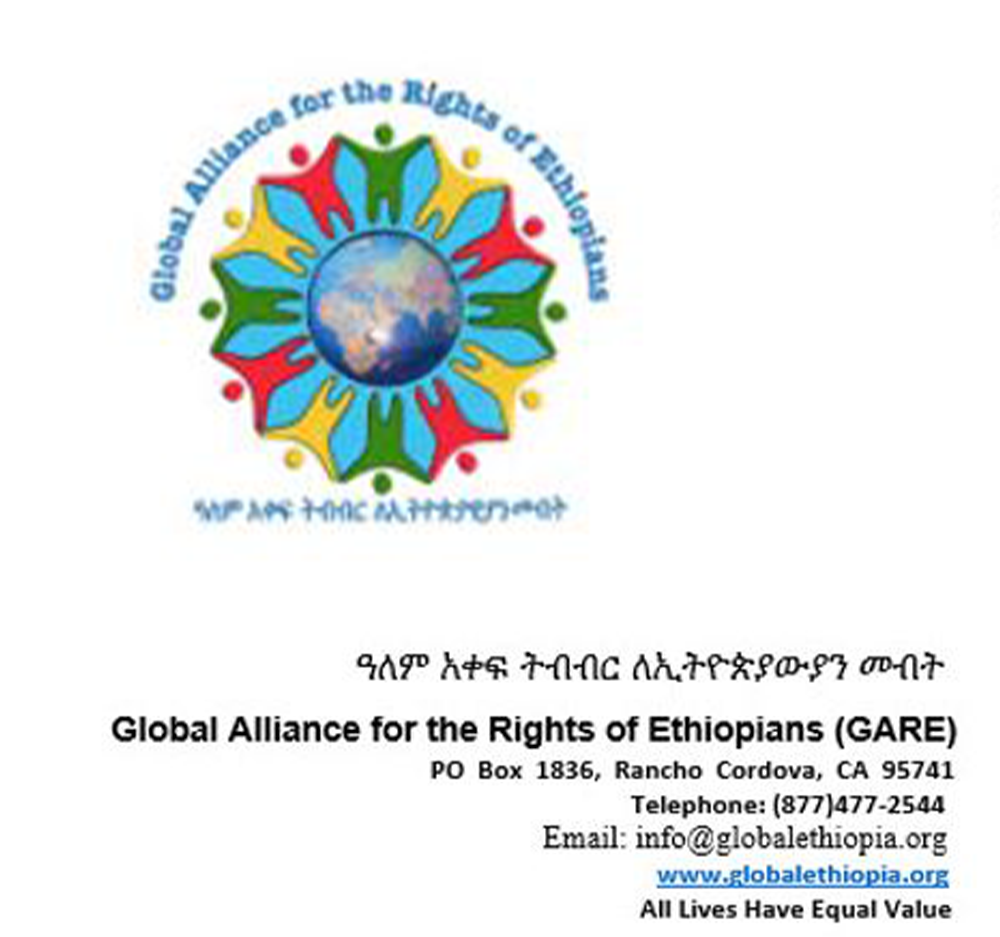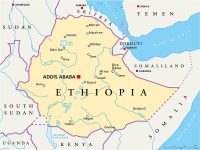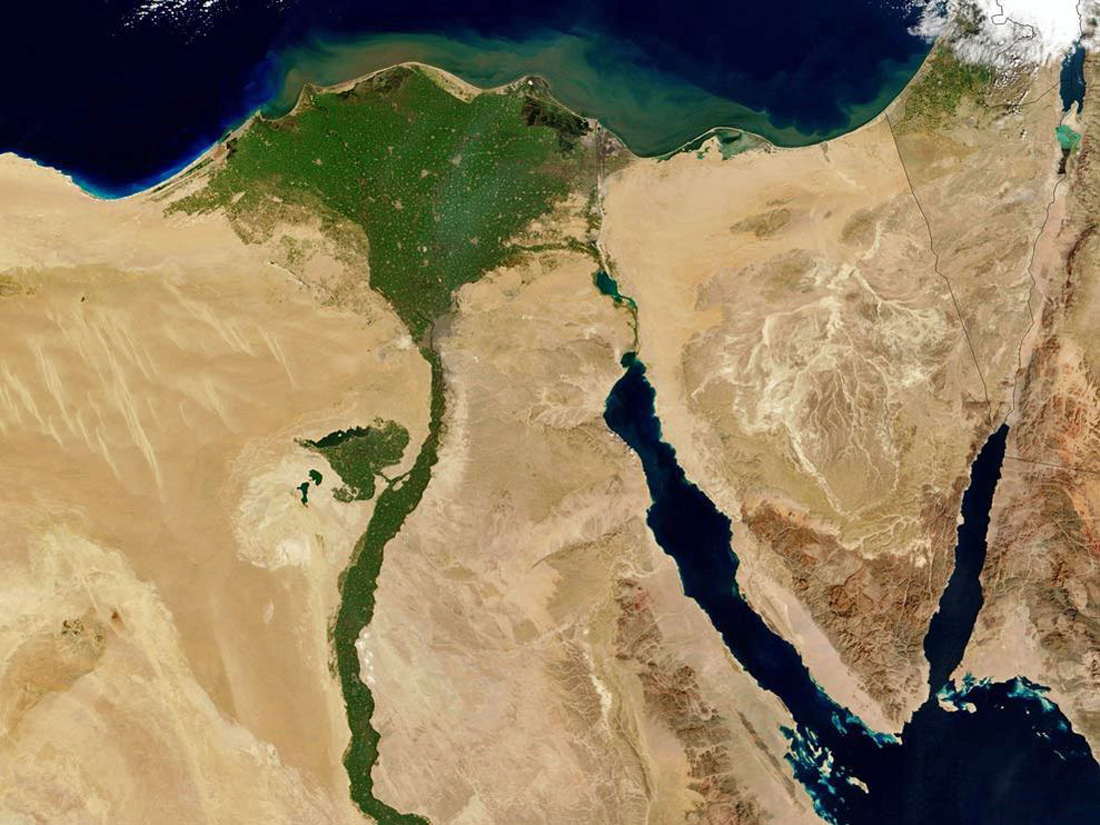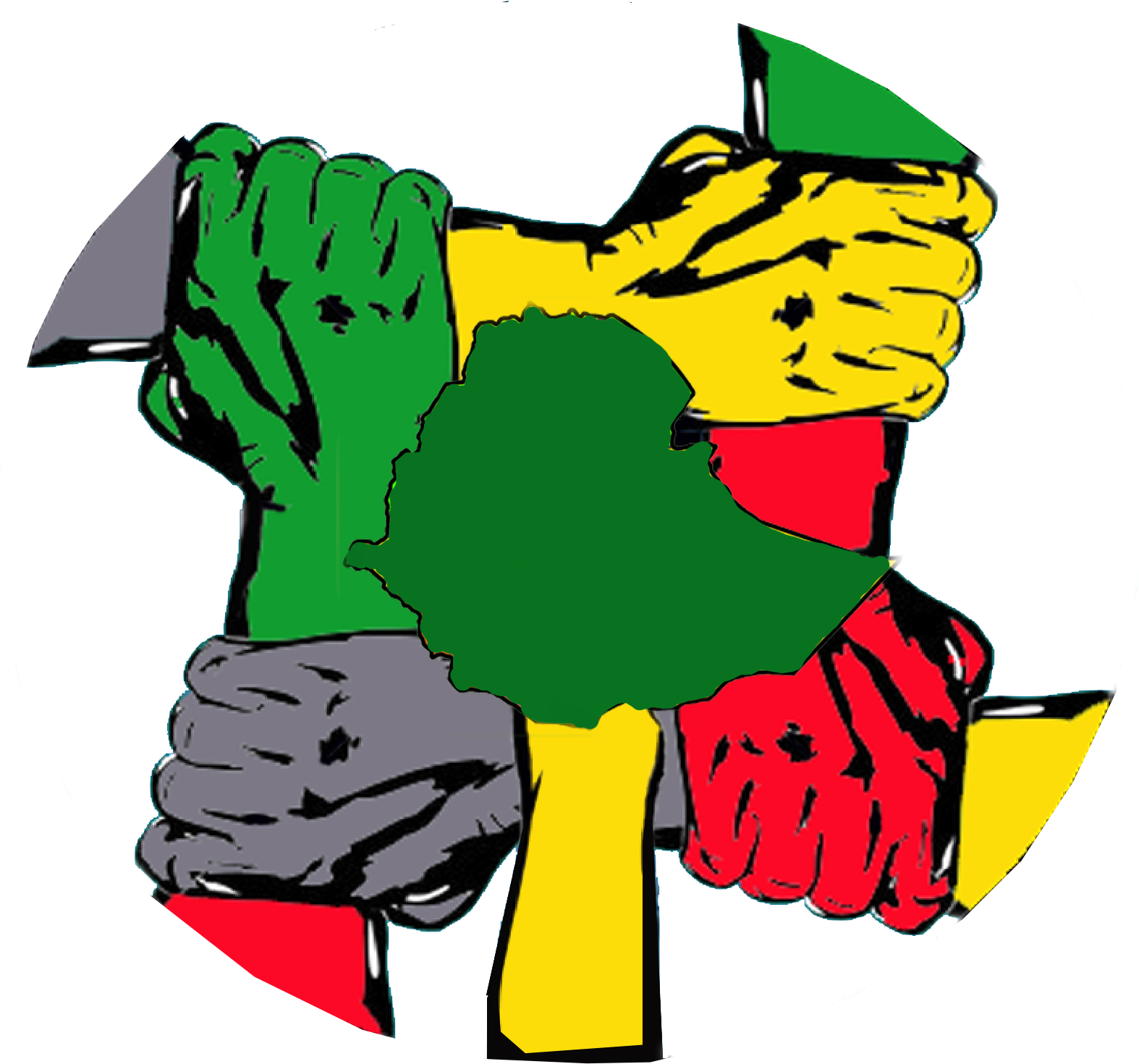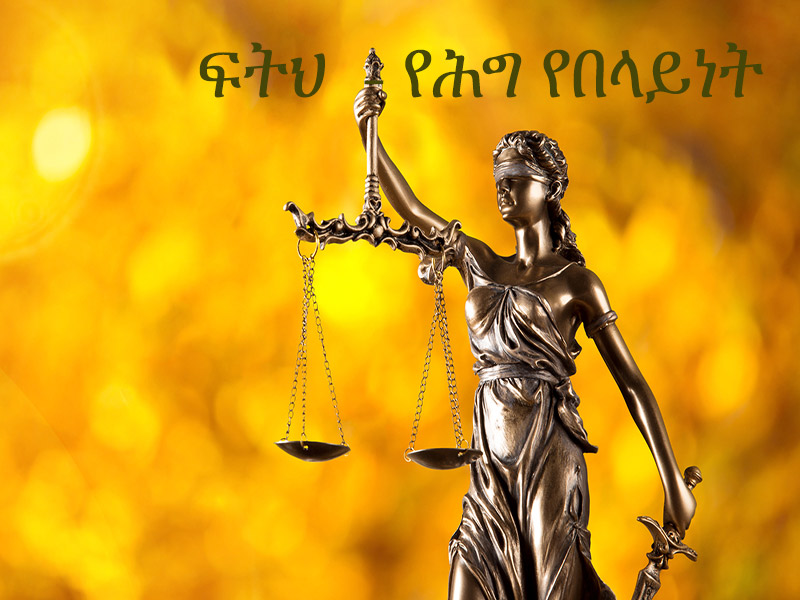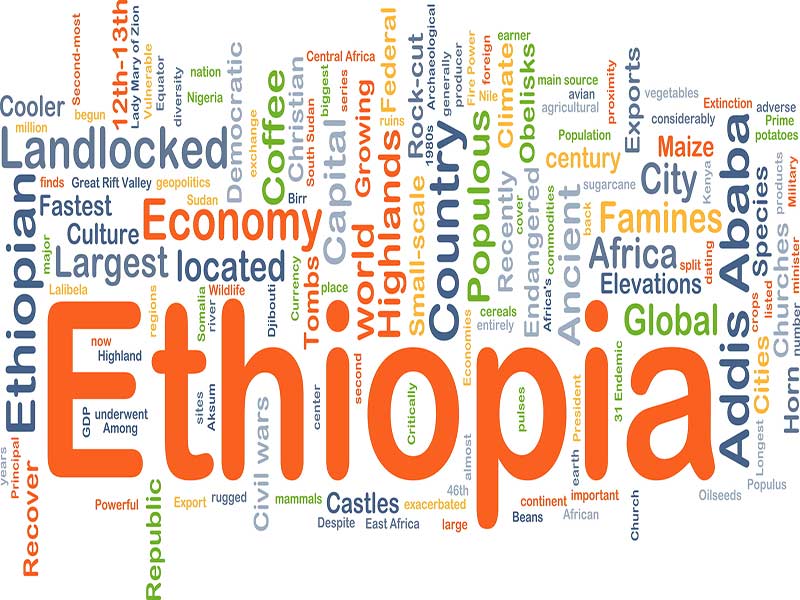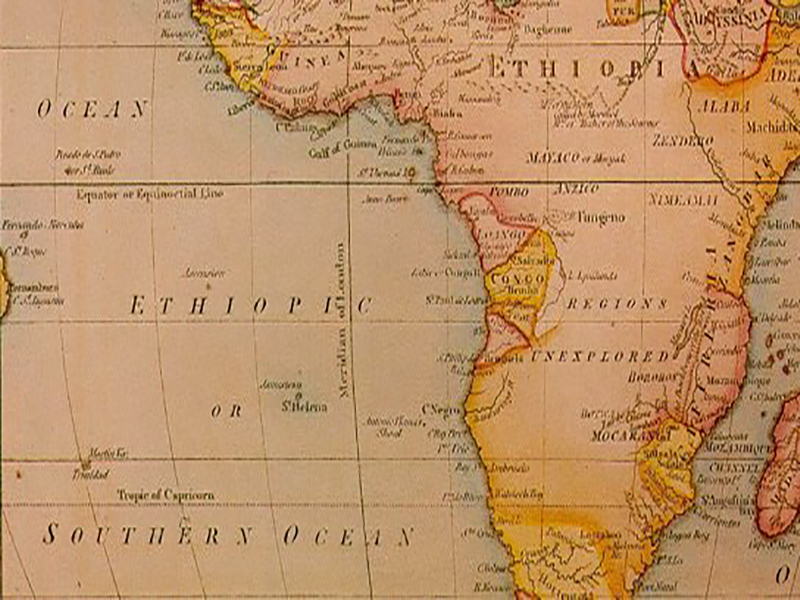The Role of Nongovernmental Organizations
In democracies, ordinary citizens may organize independent groups that serve the needs of the community or nation they live in and complement, supplement, or even challenge the work of the government. Such organizations are often called nongovernmental organizations, or NGOs, because they are not an extension of the government’s offices.
NGOs allow citizens to improve their society.
NGOs serve a great variety of citizen interests.
NGOs may provide local and regional expertise.
Serv as watchdogs over governmental actions.
In democracies, ordinary citizens may organize independent groups that serve the needs of the community or nation they live in and complement, supplement, or even challenge the work of the government. Such organizations are often called nongovernmental organizations, or NGOs, because they are not an extension of the government’s offices.

NGOs – Hallmarks of a Democratic Society.
In democracies, ordinary citizens may organize independent groups that serve the needs of the community or nation they live in and complement, supplement, or even challenge the work of the government. Such organizations are often called nongovernmental organizations, or NGOs, because they are not an extension of the government’s offices.
- NGOs allow citizens to improve their society by advocating, educating, and mobilizing attention around major public issues and monitoring the conduct of government and private enterprise.
- NGOs enable citizens from different backgrounds to learn to work together and build the skills, relationships, and trust necessary for good government.
- NGOs serve a great variety of citizen interests. They may act as social service providers, advocates for the environment or for living standards, work standards, or as the catalysts for democratic change.
- NGOs often represent the interests of those citizens who might otherwise be left out of national policy debates. They open the public discourse to people of all economic and social classes and to women and minorities.
- Funding for NGOs may come from individual private donations, private trusts and philanthropies, corporations, religious institutions, international institutions, other NGOs, sales of goods and services, and even governments.
- Governments and NGOs frequently work as partners. NGOs may provide local and regional expertise and personnel on the ground for implementation of government-funded projects. NGOs may be politically unaffiliated, or they may be based on partisan ideals and seek to advance a particular cause or set of causes in the public interest. In either model the key point is that NGOs should operate under minimal political control of states.
- NGOs develop local and international programs in virtually all areas that contribute to the promotion of the principles of democracy, including:
- ° Human rights — by promoting international standards and monitoring for violations and abuses.
- ° Rule of law — through low-cost or free legal aid, educating all citizens regarding their rights, and advocating for legal reforms.
- ° Women’s participation — by preparing them for political participation and protecting them from socioeconomic discrimination.
- ° Civic education — through education programs focusing on the role of the citizen in a democratic and diverse society.
- ° A free press — by promoting independent media, training journalists, and setting standards for ethical journalism.
- ° Political party development — through election monitoring by trained domestic observers and nonpartisan voter registration drives.
- ° Government accountability — by conducting policy analysis and serving as watchdogs over governmental actions.
CHANGE A LIFE TODAY
As long as poverty, injustice & inequality persist, none of us can truly rest. It doesn’t take much to change a life, Get in touch today and start making the difference.


